Users' search behavior has changed drastically with the world being so digital today. Do you know that more than 70% of the queries given to a search are semantically driven? The importance of using user intent and context can be explained by the need for its application in SEO strategies. Furthermore, research shows that implementing structured data can lead to a 20-30% increase in organic traffic, illustrating the tangible benefits of adopting semantic SEO practices.
Semantic SEO- Its Benefits, Importance, and Best Practices

What Is Semantic SEO?
Semantic SEO is the process of making your website semantic search-friendly, focusing primarily on understanding the user's intent and relationships between ideas. While search intent is already central to SEO, Google's semantic search algorithm goes further by artificial intelligence and natural language processing to understand searches, identify patterns, and deliver very relevant results. That integrates intentionality with topical relevance and gives Google an understanding of your content pretty clearly. For example, the same search query of "best running shoes" may now produce some results for "athletic footwear" or "running gear," displaying these semantically related terms in context.
What Are Latent Semantic Indexing (LSI) Keywords?
Latent Semantic Indexing (LSI) keywords are terms closely related in meaning to your main keywords. This concept was introduced in a 1988 paper describing LSI as a method to address the “vocabulary problem” in human-computer interactions. In simple terms, LSI keywords are relevant phrases that help search engines to better understand the topic of a page rather than relying solely on individual keywords.
What is Search Intent?
Search intent, or user intent, refers to the motivation behind a user's search query. In other words, it is what someone wants to achieve with his or her search. When you understand it, you can better create content based on user needs, therefore increasing relevance and rankings. It answers basically, "Why is this person searching for this?"
Types of Search Intent:
Informational Intent:
To look for knowledge or answers, such as "What is SEO?"Navigational Intent:
Desiring to visit a particular website, such as "Facebook login.".
Transactional Intent:
Ready to buy (For example, "buy iPhone 14").
Commercial investigation:
Research before buying the product (For example, "best coffee maker").
Content targeted to that intent will be more easily met by the user expectations.
Semantic SEO Strategy
A semantic SEO strategy means to optimize your content for the search intent rather than trying to target specific phrases by using keywords. Searching for meaning rather than a word or phrase is intended to increase the overall relevance of your content with the use of related terms, concepts, and answers to questions users have regarding a topic. Its basic components include:
Researching Related Topics:
Identify concepts, synonyms, and variations associated with your target keywords.
Addressing User Intent:
It directly responds to the true intention of a user search, which can be informational, transactional, or even navigational in nature.
Adding Structured Data:
Acquiring more related information to the content by creating schema markup for search engines.
Creating Rich Content:
Ensure that topics are covered in detail so that relevant and answering information is available and always suitable for any follow-up questions.
Updating Regularly:
Reflects new trends, insights, or updates.
This helps your pages rank for your primary keywords and all other related queries.
Why Is Semantic SEO Important?
Semantic SEO is undoubtedly an important aspect of modern search engine optimization. With every update, Google moves towards new accuracies in semantic connections between user intent and page content. Therefore, a page will always capture the attention of both Google and users for various related queries.
In addition, semantic SEO helps future-proof your website. Here are a few key reasons why semantic SEO is important for your site:
- Comprehensive answers for user queries
- Improved ranks in search
- Increased probability of ranking for a featured snippet
- Quality content for your users and the web
- More references and backlink opportunities
- Ranking more keywords
- Voice search optimizing
- Builds trust amongst users
- Signals quality from Google
- According to recent trends in Google
- Guarantees your website's SEO will be future-proof
Semantic SEO page optimization requires you to start by breaking your major topic into clusters of subtopics. Then, you use semantic keywords and supplementary media to further expand the clusters.
The Evolution of Search: How Hummingbird Changed the Game for SEO

It is only not long ago that Google used keywords to define the topic of a page-for example, determining that if your content had the term " Low Fat Diet" repeated multiple times, then by necessity, the page must be about that diet. This paradigm has been changed by the Hummingbird algorithm, handing Google the ability to read and understand the overall topic of the page the way a human would.
This advancement means that if you search for "Paleo diet health benefits," Google will prioritize pages that comprehensively cover the topic rather than just those with the exact phrase.
Crafting Content for Context: The Importance of Semantic Keywords
Semantic keywords in your content will help you create highly informative pieces not just relevant but also of high quality and friendly to the user. This strategic approach keeps your spammy, keyword-stuffed piece of content from really making a mess with your rankings.
As Google continues to refine its algorithms using aggregated and anonymized interaction data, focusing on semantic keywords will ensure that your content resonates with user intent and meets the evolving standards of search relevance.
How to Find Semantic Keywords
LSI keywords, also semantically related keywords, are important to optimizing your content and ranking it better. Here are some of the effective ways of finding out LSI keywords:
Bold Terms in SERP Results:
While you're performing a Google search, find terms which are always shown in bold as these indicate related concepts.
Google Autocomplete:
Use the list of suggested related terms that appear when you start to type into the search box.
Topic Modeling:
Use relevant terms and phrases in your content, of course, making sure you outline content relevant to users' search intent.
Related Searches:
There are related terms at the bottom of the Google search results page that can be valuable for your content.
People Also Ask:
Research questions that come up around your keyword, and then be sure to incorporate those questions within your content.
Google Trends:
Use Google Trends to research trending searches and related topics.
5 Tools for Semantic Keyword Research
Now that we know the importance of semantic keywords let's look at some great tools that can help you with your semantic keyword research.
Google Search Engine Results Page (SERP)
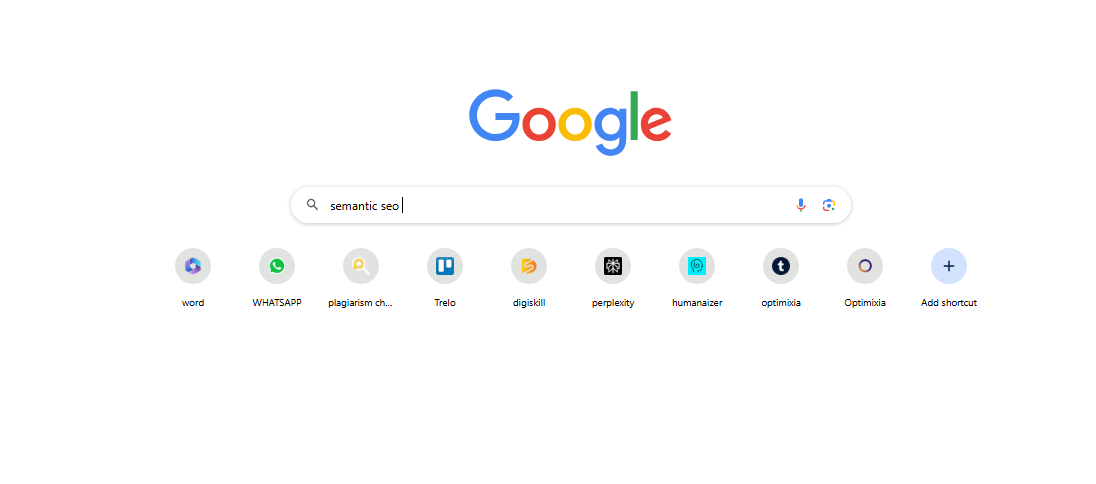
Some of the tools that are used in semantic keyword research include Google's SERP. Enter your keyword in Google's search bar and scroll down to the "Searches related to" section at the bottom of the page. Inside the "Searches related to," you will be able to see those keywords that Google finds relevant to your keyword, and this can seem a little like a goldmine of semantic keywords that can add up to your content optimization effort.
Google Keyword Planner
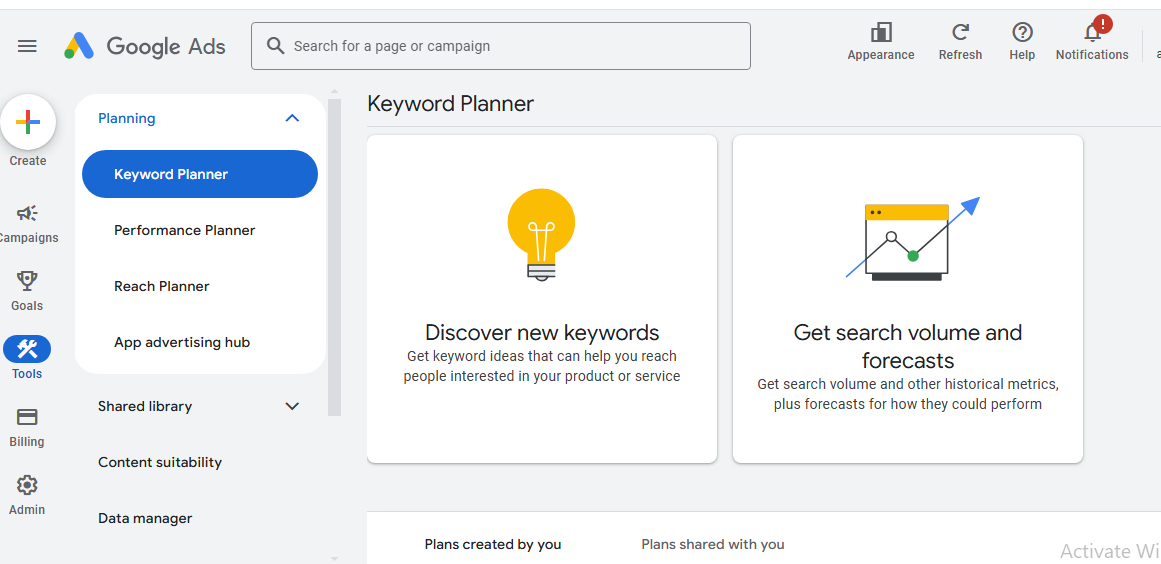
Keyword Planner is also free and a keyword suggestion instrument, volume of searches, and a competition tool. It's helpful for looking at related keywords semantic ideas, etc.
LSI Graph
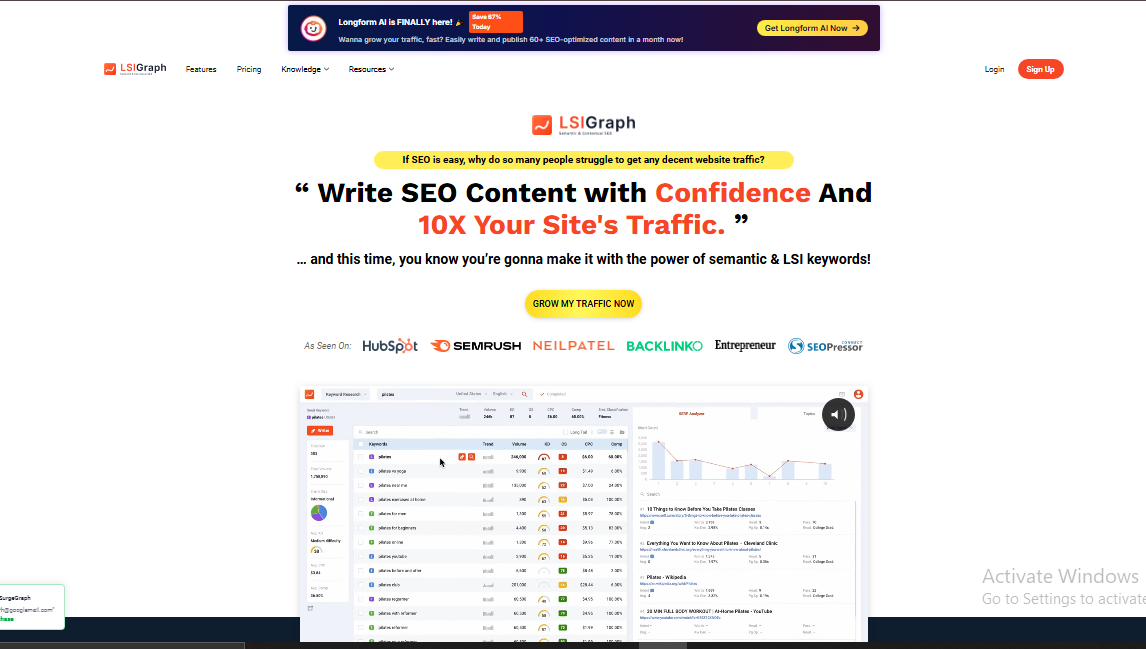
LSI Graph is a site that specializes in LSI keywords. LSI keywords are a must for semantic keyword research because they give the search engine an understanding of what the user means and wants. This tool will produce a list of related keywords, giving you a huge amount of semantic terms to include in your content.
Ubersuggest
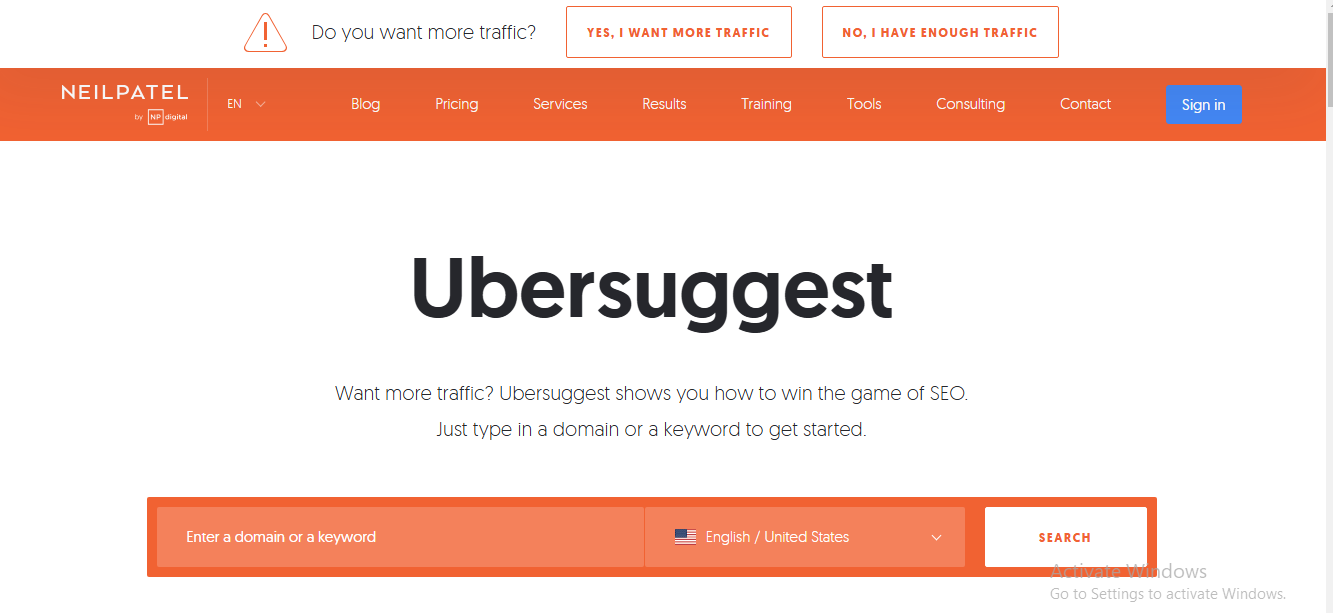
Ubersuggest was made by Neil Patel, and it is a free tool meant to help you find semantic keywords related to your main topic.
Moz Keyword Explorer
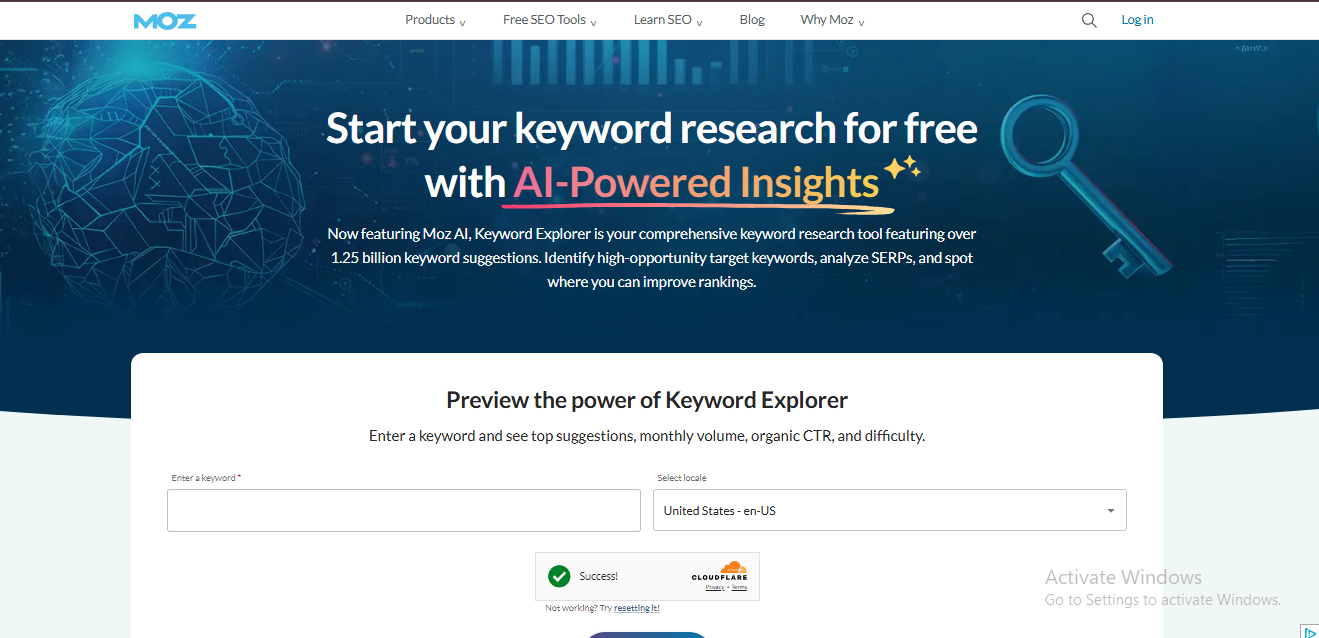
Moz Keyword Explorer is also very useful when performing semantic keyword research. This tool provides rather detailed analysis about your primary keyword, including the suggestion of relevant keywords and the respective search volume. Moz also provides ideas on keyword difficulty and SERP features that guide the development of sound SEO strategy.
11 Best Practices for Higher Rankings with Semantic SEO
To effectively leverage Semantic SEO for better search rankings, consider implementing these 11 best practices:
Understanding of User Intent:
Today's algorithms are prioritizing understanding user intent behind search queries rather than analyzing keywords. For instance, a search for “social media” could expand into a full question like, “Is social media a good platform for marketing my business?” This highlights the need to identify what your target audience is genuinely seeking—whether it’s purchasing, learning, or exploring options—and tailor your digital marketing strategy accordingly.
Implement Structured Data Markup:
Structured data gives search engines a clear idea about the content you have from your subject, function, and contextual aspect, thus enhancing your chance of appearing on rich snippets and possibly better rankings on SERPs. Utilizing structured data helps you give major contextual information about your content in such a way that, if applied, it would help search engines categorize and position your content or information into its right categories and context.
Enhance Your Internal and External Linking:
The more you write on broader topics, the more you're going to improve your internal linking structure. This makes it easier for users and visitors to navigate between pages, which is another aspect of deeper engagement, while also making it easier for search engines to index properly your content. Of course, comprehensive topical content will increase the probability of acquiring authoritative backlinks, which will signal to search algorithms that your site is credible.
Refine Your Keyword Research:
Although semantic SEO emphasizes topics, thorough keyword research remains vital. Expand your keyword research with related questions and search intent behind them. Some helpful tools which one can use while finding the relevant keywords include Google Autocomplete, SEMRush, and Moz. Do not forget synonyms and misspellings, which Google will also account for in its more advanced semantic analysis.
Utilize Keyword Clustering:
Organize your content with keyword clusters, which means groupings of related keywords. This will give you an opportunity to go deeper into the various topics you are addressing and allow for the possibility of multiple keyword rankings on each page of your website. Keyword clustering leverages semantic functionality in Google, so your content is much more meaningful and relevant to readers.
Use Google’s “People Also Ask” Boxes:
The “People Also Ask” section in search results can provide insights into common questions related to your primary keyword. Addressing these questions in your content helps enrich your topics and sends additional semantic signals, improving your chances of ranking higher.
Give Detailed Topic Outlines:
In addition, structured outlines for your topics will significantly improve your semantic SEO approach. Provide all subtopics related to them, analyse their search intent, as well as the entities that go with them. Consider your linking strategy while creating your meta tags and headings to create comprehensive, organized content.
Avoid Short Content:
Rather than producing brief content filled with keywords, invest in high-quality, long-form content. While length isn’t the sole ranking factor, more extensive content provides opportunities to convey semantic signals and improve your search visibility.
Utilize Contextual Anchor Text:
Incorporate internal links within your content to guide readers to relevant information. Contextual anchor text should provide clarity about the linked content, keeping visitors engaged and improving your site's SEO through a well-structured internal linking system.
Create Topic Clusters:
Organizing your content into topic clusters—grouping related pieces around a central theme—can bolster your internal linking strategy. Each cluster should connect back to a pillar page that covers the main topic, enhancing SEO, establishing authority, and increasing keyword rankings.
Use Content Optimization Tools:
Content optimization tools can indeed streamline your semantic SEO work. They can quickly identify the relevant terms and related concepts so that you can optimize your content strategically. Although this may distance you far from the underlying process, you can still compare the insights generated here with what you otherwise would have found.
Recommended Semantic SEO Courses
1-Semantic SEO Course for Topical Authority
- Provider: Topical Authority
- Overview: This beginner-friendly course covers the fundamentals of Semantic SEO and how to create effective content briefs. It includes 87 lectures totaling over 9 hours of training.
- Cost: Paid (with an annual fee applicable after the first year)
- Link: Topical Authority Course
2- Structured Data & Schema Markup for Semantic SEO
- Provider: Schemantra
- Overview: This course teaches the basics of schema.org and linked data, focusing on creating structured data to improve search engine visibility. It includes practical exercises and case studies.
- Cost: Free
- Link: Schemantra Course
Google Data Analytics Capstone
- Provider: Google
- Overview: While not exclusively about Semantic SEO, this capstone project allows learners to apply data analytics skills, which are essential for understanding SEO metrics and performance.
- Cost: Free (with optional paid certification)
- Link: Google Data Analytics
Ending Words
Semantic SEO is an important strategy focusing on the intent of a user and the contextual meaning behind a search query. Emphasis on relevant and comprehensive content widens the reach of business in comparison with other optimization technologies and also increases resistance to algorithmic changes. All these practices, such as understanding the intent of a user, structured content development, and semantic keywords, will greatly improve visibility on the Internet.
We at Optimixia provide custom SEO services with semantic SEO as the backbone of our skills. The experts are ready and willing to help your business maximize your presence online and achieve more targeted leads on the website. Contact us today for the way forward toward optimizing your SEO strategy for lasting success.